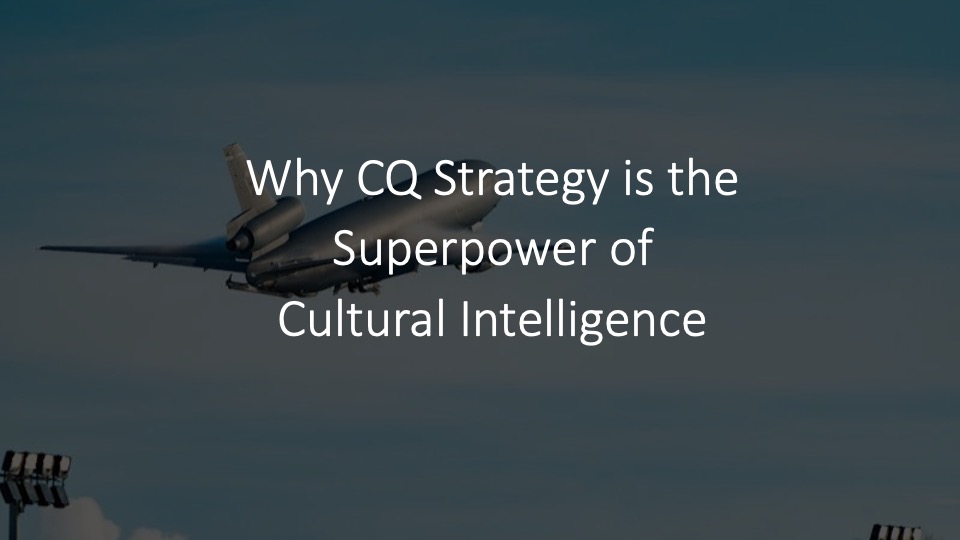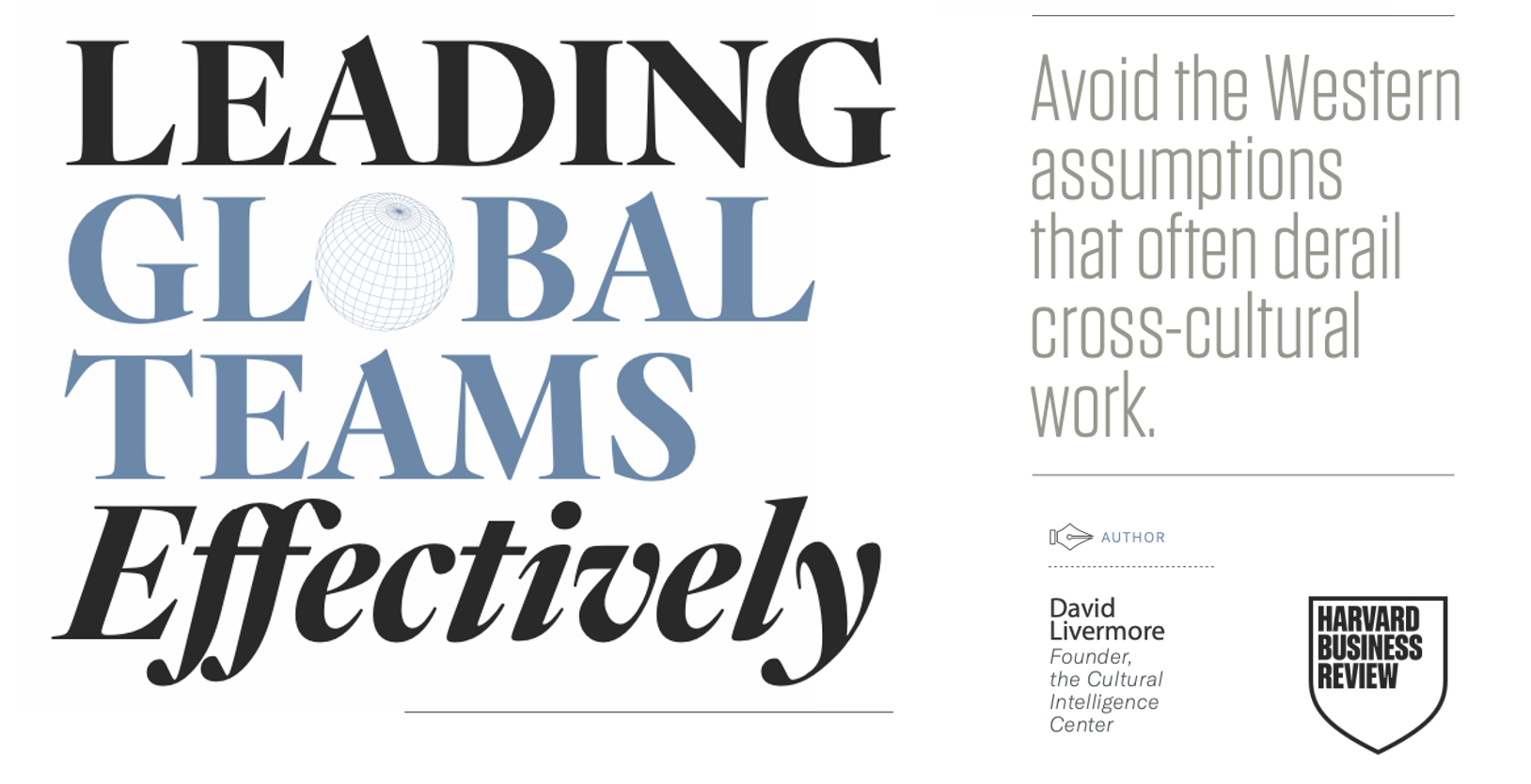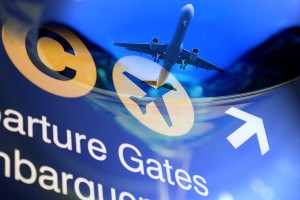Augustine of Hippo said, “The world is a book and those who do not travel read only one page.” Now, a new study led by INSEAD professor William W. Maddux reveals that those who travel receive more job opportunities than those who don’t.
Maddux et. al conducted a longitudinal study and discovered that an MBA student’s intercultural experiences predicted the number of job offers received, even when controlling for variables like demographics, personality etc. Students who adapted to and learned about new cultures engaged in job interviews more creatively and demonstrated more openness and initiative. They were seen as being able to bring seemingly unrelated ideas together into meaningful wholes. As a result, these students were able to successfully navigate the interview process and received more job offers.[1]
Some of the most promising correlations found between international travel and job prospects are:
1. Stronger Sense of Self
Travel provides the opportunity to become aware of your own values and priorities. You’re forced to differentiate between your culture of origin, the cultures you encounter, and your self-identity. Organizations want to hire professionals who are self-aware.
2. Increased Trust
Another study found that how much you trust a stranger is positively correlated to the number of places you’ve traveled. The job candidates who traveled most broadly were most likely to trust someone they didn’t know.[2] Companies want team members who can develop trusting relationships across virtual and international borders.
3. Creativity and Problem-Solving
Intercultural experiences provide a laboratory for improved creativity and problem solving. In a new environment, everyday tasks have to be done differently and there’s an opportunity to observe people using alternative approaches from what’s familiar.[3] A proven ability to innovate sets you apart from other job candidates.
But…not all travel experiences are equal!
Travel does not by itself ensure improved cultural intelligence (CQ) or increased job offers. Several important variables make the difference:
The nature of the experience
If business travelers spend all their time at international hotels and offices; and if study abroad students spend most of their free time on Skype and Facebook, travel may have little positive benefit for improving CQ and career opportunities. Or if charitable volunteers overlook the positive aspects of the locals they encounter, the exposure can perpetuate ethnocentrism and narrow thinking. But those who venture out on their own to discover the food, transportation and people of the places they visit are very likely to enhance their CQ.[4]
The number of experiences
Individuals with multiple experiences in a variety of places experience more of the benefits of travel than those who have only been in one or two places. And the more countries where you’ve lived for more than a year, the more positive connection there is between your international experience, your CQ, and your career development.[5]
Age
Childhood experiences play less role in developing CQ than adult experiences where we make our own choices about travel, work, and interactions. But exposing kids can be very influential. The key is helping youth use the opportunity to build their own sense of self and view of the world.
The Cultural Interpreter
Whatever the age of the experience, a key variable is who helps you interpret it. If parents, faculty, youth leaders, or colleagues only point out negative aspects of a culture, travel might actually erode CQ rather than improve it. The individual who interprets what’s going on makes all the difference in whether the experience provides positive benefits or not.
Reflection and De-Brief
Many study abroad programs, expat assignments, and charitable mission trips emphasize pre-trip training. But the most important insights come from reflecting in the midst of the overseas experience and upon re-entry back home.
Simply listing international travel as a part of your resume is unlikely to yield many benefits in a job-search. But using travel to expand your view of self, integrate seemingly disparate parts, and creatively solve problems allows you to stand apart from other candidates who have traveled abroad without “seeing” anything.
In the words of Mark Twain, “Travel is fatal to prejudice, bigotry, and narrow-mindedness, and many of our people need it sorely on these accounts. Broad, wholesome, charitable views of men and things cannot be acquired by vegetating in one little corner of the earth all one’s lifetime.”
[1] W. Maddux, E. Bivolaur, A. Hafenbrqack, C. Tadmor, & A. Galinsky. Expanding Opportunities by Opening Your Mind:Multicultural Engagement Predicts Job Market Success Through Longitudinal Increases in Integrative Complexity, Social Psychological and Personality Science, December 2013.
[2] J. Cao, A. Galinsky, & W. Maddux, Does Travel Broaden the Mind? The Breadth of Foreign Experiences Increases Generalized Trust. Social Psychology and Personality Science, December 2013.
[3] R. Nouri,, M. Erez, M., T Rockstuhl, S. Ang, L. Leshem-Calif, & A. Rafaeli, A. (forthcoming). Taking the bite out of culture: The impact of task structure and task type on overcoming impediments to cross-cultural team performance. Journal of Organizational Behavior and R. Chua, M. Morris, & S. Mor, Collaborating across cultures: Cultural metacognition and affect-based trust in creative collaboration, Organizational Behavior and Human Decision Processes 118 (2012) 116–131.
[4] C. Tay, M Westman, & A, Chia, Antecedents and Consequences of Cultural Intelligence among short-term business travelers, 126-144; S. Ang, L. Van Dyne, C. Koh, K.Y. Ng, K.J. Templer, C. Tay, & N.A. Chandrasekar. Cultural Intelligence: Its measurement and effects on cultural judgment and decision making, cultural adaptation, and task performance. Management and Organization Review, (2007) 3, 335-371.
[5] E. Shokef & M. Erea, Cultural Intelligence and Global Identity in Multicultural Teams, in S. Ang and L. Van Dyne (Eds.), Handbook of Cultural Intelligence: Theory, Measurement, and Applications (Armonk, NY: M.E. Sharpe, 2008), 180.




